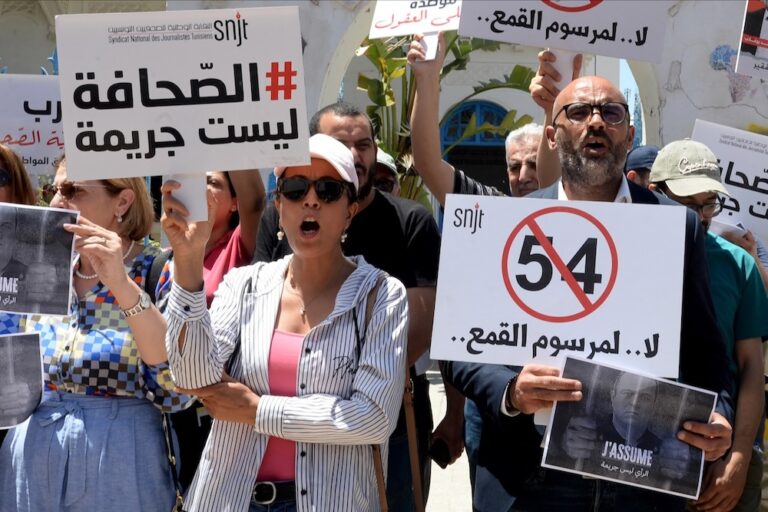Nabeel Rajab was summoned on allegations that he published false news on the situation in Bahrain and incited violence against a Special Forces police officer.
UPDATE: Sentence against Mahfouz for allegedly beating SCAF supporter upheld (ANHRI, 8 May 2012)
(ANHRI/IFEX) – 20 August 2011 – ANHRI is deeply concerned over the targeting of Twitter activists by Arab governments for the news and comments they post. Thus far, it is certain that at least three Arab governments, in Bahrain, Kuwait and Egypt, have launched investigations or prosecuted Twitter activists. In addition, the Emirati Security Service has issued serious warnings stating that it closely watches social networking websites, especially Twitter and Facebook.
Bahrain started the hostility against users of Twitter in April, when it investigated famous rights activist Nabeel Rajab for publishing a picture of a Bahraini citizen who died during his detention by police. More recently, on 19 August, Rajab was summoned to the Dawar 17 police station. An investigation was opened based on allegations that he published false news on the situation in Bahrain and incited violence against a Special Forces police officer. Rajab was surprised to see that his “tweets” had been printed on several papers. He was later released.
In Kuwait, blogger Nasser Abel was arrested in June for what the Kuwaiti government considered “criticism of the Saudi and Bahraini governments”. The blogger awaits a hearing in the case in September.
In Egypt, a military investigation has been conducted against activist Asmaa Mahfouz for comments she posted on Twitter and Facebook, in addition to a phone call she made to a religious satellite channel. Despite the fact that the Military Council announced that it would waive the lawsuit and release the activist on an exorbitant bail of 20,000 Egyptian Pounds (approx. US$3,400), Mahfouz still awaits a hearing in yet another lawsuit filed by a citizen over a “tweet”. The hearing is to be held in September.
“The Dubai police are closely monitoring social networking websites such as Twitter and Facebook. Anyone posting false and malicious news or statements that harm public security will be punished with ‘imprisonment’ of one month to three years,” Colonel Abdul Rahim Bin Shafi, the director of the Organized Crime Department in the Ministry of Interior of the United Arab Emirates, said on 17 August.
“It seems that Arab governments have run out of values like tolerance, dialogue or respect for freedom of opinion and expression, and have settled for police repression as a means to deal with different and critical opinions. They are fed up with freedom of expression to the extent that they restrict the 140 characters that Twitter allows, which are the tools activists use against police forces and the security apparatus. It has become crystal clear that a war is raging between freedom of speech and the police in countries whose dictionaries lack terms like freedom of expression and political criticism,” said ANHRI.
It is worth noting that the experiences of activists with the Internet, especially blogs, Facebook, and, lately Twitter, strongly contributed to the success of the Arab revolutions in Tunisia and Egypt. They have also strongly supported the revolutions raging now in Syria, Libya, Yemen and Bahrain. This provides assurances that the uncontrollable forum provided by the Internet is the best supporter of fundamental freedoms, especially freedom of opinion and expression.
MORE INFORMATION:
Asmaa Mahfouz acquitted of charges over tweet (ANHRI, 7 May 2012)


